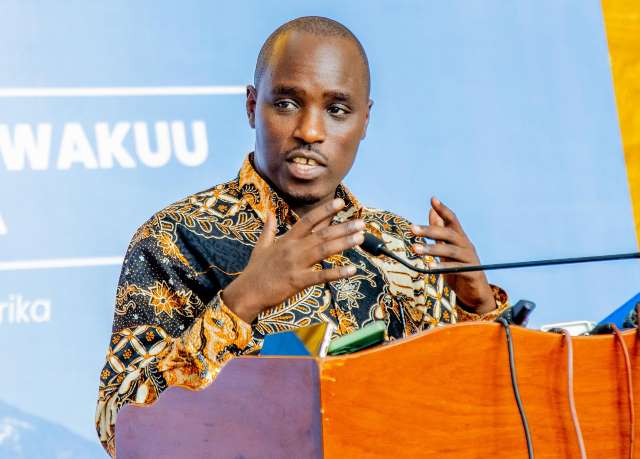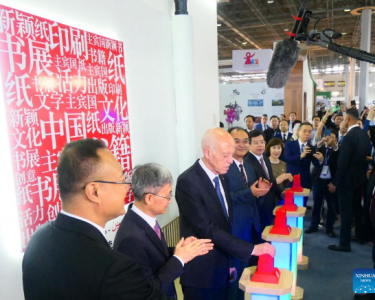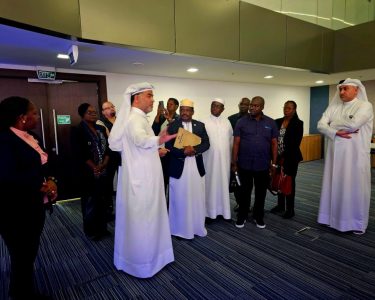
DAR ES SALAAM, Jan 16 (NNN-DAILYNEWS) — THE upcoming Africa Energy Summit is poised to have a lasting impact on Tanzania by fostering partnerships among African leaders, accelerating electricity access across the continent, boosting trade and enhancing the country’s global reputation.
Co-organised by the World Bank and the African Development Bank Group (AfDB), the summit aims to accelerate electricity connectivity in Africa, with a target of ensuring that 300 million Africans gain access to electricity by 2030.
Currently, 685 million people in Africa still lack electricity. The summit is expected to attract over 1,500 participants, including heads of state, ministers of finance and energy from 54 African countries, as well as leaders from international institutions, including the presidents of the World Bank and AfDB.
For Tanzania, the summit presents an opportunity to increase electricity connectivity in the country. The nation plans to expand electricity access to 13.5 million households by 2030, up from the current 5.2 million households.
Speaking at a press conference in Dar es Salaam, shortly after inspecting the preparations for the summit at the Julius Nyerere International Convention Centre (JNICC), Deputy Prime Minister and Minister for Energy Dr Doto Biteko outlined the significant benefits Tanzania will gain from hosting the summit.
“The summit will bring international recognition to our country,” he said, urging Tanzanians to continue fostering peace and tranquility ahead of the event.
He added that beyond offering Tanzania an opportunity to gain new knowledge and experiences from other countries on effective electricity supply, the summit will also serve as a platform to attract investors and tourists by showcasing the country’s economic opportunities and tourism potential.
Furthermore, the summit will enable Tanzania to forge partnerships with other African countries to accelerate electricity access on the continent, which still lags behind globally in terms of power connectivity.
Dr Biteko said that these partnerships would focus on building electricity transmission infrastructures to help African countries support each other in ensuring universal electricity access.
He also said that under the summit’s framework, 14 countries, including Tanzania, will sign National Energy Compacts. These agreements will outline each country’s commitments and interventions to accelerate electricity access, supported by the World Bank and the African Development Bank Group (AfDB).
He reflected on Tanzania’s progress towards universal electricity access, noting that this will be the first time the country hosts a high-level summit of heads of state focused on accelerating electricity access in Africa—demonstrating the country’s growth in the energy sector.
“The energy summit will further strengthen Tanzania’s global reputation for its commitment to improving electricity access across the continent,” he added.
With only ten days remaining until the summit, Dr Biteko confirmed that preparations have reached 95 per cent completion.
The Julius Nyerere International Convention Centre (JNICC), the venue for the summit, is undergoing final facelift and the city of Dar es Salaam is adorned with posters promoting the event, which will take place from January 27 to 28, this year.
Remaining tasks include finalising registration, completing minor renovations at the JNICC conference hall, further branding activities such as additional poster placements and preparing parking areas for guests.
“I commend the Dar es Salaam Regional Commissioner for effectively overseeing the preparations,” Dr Biteko said.
He attributed Tanzania’s selection as the host of the summit to the strong leadership of President Samia Suluhu Hassan, particularly her focus on economic diplomacy, which has strengthened diplomatic relations with other countries and international organisations.
He highlighted the country’s significant strides in rural electrification, with over 34,000 hamlets connected with electricity out of a total of 64,274 villages—an achievement that has attracted international attention.
The summit, dubbed “Mission 300,” refers to the ambitious target of connecting 300 million Africans to electricity by 2030.
Meanwhile, Dar es Salaam Regional Commissioner Albert Chalamila noted that the region is leveraging the summit to promote business through trade exhibitions and cultural tourism, particularly through seafood.
He added that preparations include beautifying the city, with gardens and other enhancements, to welcome participants.
Renovations are also underway on the Nyerere Road, where the government is installing streetlights to improve security and support 24-hour business operations in Dar es Salaam during the summit.
Chalamila has also prohibited truck owners from parking their vehicles along the road’s reserved areas and has set a deadline of January 20th this year for all unauthorised vehicles to be removed.
“Over 400 streetlights will be installed across the city to ensure a smooth and safe business environment during and after the summit,” he said.
The region is also focusing on strengthening healthcare and security to ensure that all participants experience comfort and quality service.
In addition, preparations include cleaning up the region, renovating airports, roads and the JNICC, providing accommodation for guests, including foreign heads of state and international organisations and enhancing the city’s appearance with decorations such as streetlights and posters. — NNN-DAILYNEWS






